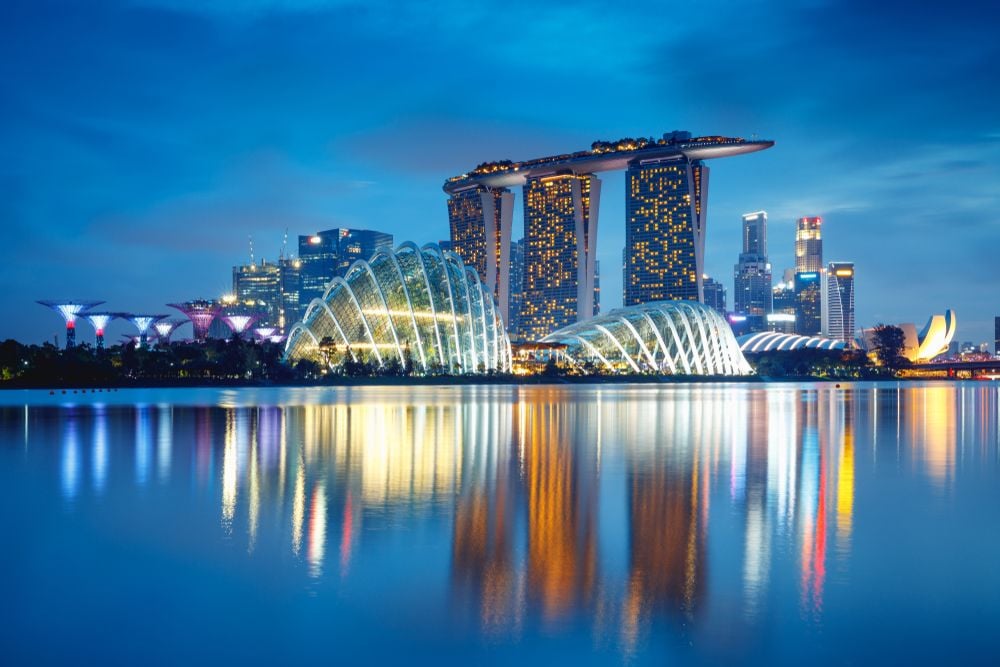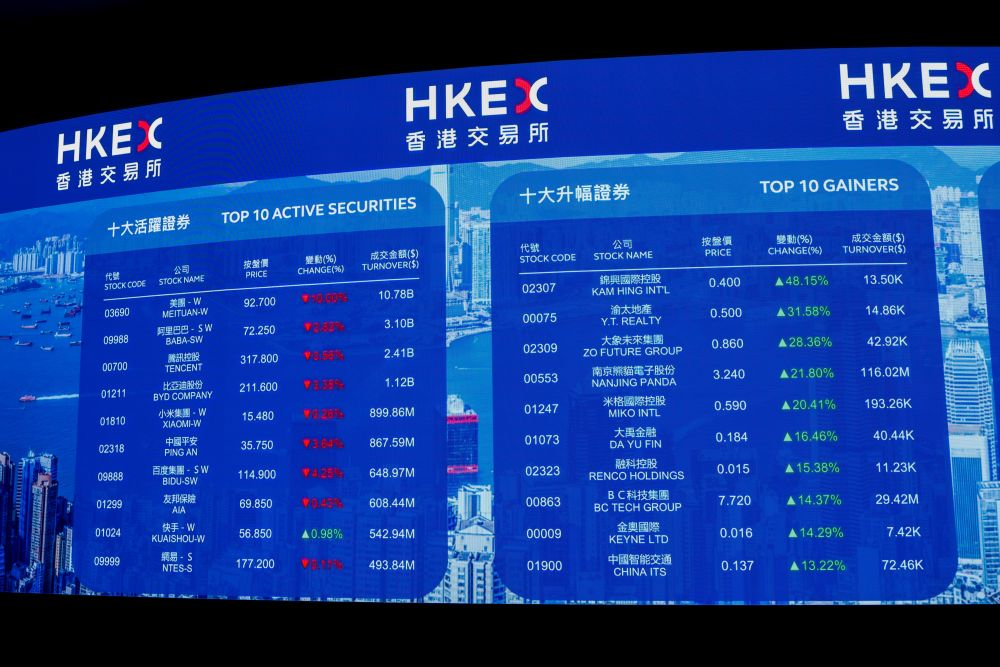.jpg)
Nadi, Fiji - Mongolia has no plans to return to the international capital markets in 2019, the country’s finance minister, Chimed Khurelbaatar, states. Speaking to The Asset on the sidelines of the recently concluded 52nd annual meeting of the Asian Development Bank (ADB), he expresses confidence that 2019 looks set to be another good one for the landlocked country.
“We achieved a budget surplus for the first time in ten years,” Khurelbaatar points out. “Mongolia also posted a trade surplus. The past year has been a very good one for Mongolia” with the country’s economy growing by 6.9%. He attributes the strong showing to solid commodity prices, undertaking the right policies and budget discipline.
“The strong performance in 2018 was largely due to the good performance of manufacturing and services, and large investments related to mining,” relates Declan Magee, senior country economist at ADB’s Mongolia resident mission. “Services growth was boosted by a large rise in credit and by transport services linked to exports of minerals. Manufacturing grew due to an increase in food processing and coal washing for exports.”
The last time the sovereign entered the international capital markets was in March 2017 when it undertook an exchange offer and issued US$600 million in bonds at the height of its economic crisis to relieve pressure on government liquidity and boost the country’s external position. The exchange was for US$476 million in notes issued by the Development Bank of Mongolia (DBM) into new seven-year Government of Mongolia (GoM) notes and replacing US$580 million worth of DBM notes with US$600 million in GoM debt due 2024.
The International Monetary Fund subsequently approved a three-year US$425 million loan under its Extended Fund Facility (EFF) in May 2017. The EFF formed part of a US$5.5 billion multi-donor financing package to support the government’s economic recovery plan.
With the capital market transaction plus the IMF EFF, GoM successfully priced in October that year a US$800 million new issue in conjunction with its any-and-all cash tender offers of its outstanding US$500 million in bonds and one billion yuan in bonds, both due in 2018. The tender was the first in Asia that encompassed two currencies to be funded by a US dollar benchmark. The coupon in the new notes was 312.5bp tighter at 5.625% than the March trade, which paid 8.75%.
ADB’s Magee believes that the government has performed well in the IMF programme so far. “Many observers will rightly point out that demand for Mongolia’s mineral exports has played an important role here,” he indicates. “However, the government deserves due credit for saving the increase in government revenues rather than spending it. This sensible approach to macroeconomic policy has been rewarded. Mongolia needs to continue its efforts and actions to sustain macroeconomic stability once the IMF programme concludes in April next year.”
Even with Khurelbaatar’s positive assessment of Mongolia’s economic outlook in the coming year, he is watching developments in China. When asked whether he was worried about the slowdown in China, he replied: “Yes, of course. China is our main and largest trading partner accounting for nearly 70% of our foreign trade.” Bilateral trade between Mongolia and China reached US$8.4 billion in 2018, a year-on-year increase of 26.8%.
Magee says Mongolia’s dependence on mining for growth and foreign exchange earnings make it susceptible to boom-and-bust cycles as the mining sector accounts directly for about a fifth of GDP and 90% of exports. “Against this background, Mongolia needs to ensure that it manages the revenues from this sector wisely. This means smoothing expenditure by saving in good times so pressures can be eased in hard times. Secondly, mining is capital and not labour intensive so greater efforts are needed to ensure growth is inclusive through social services and social protection with an emphasis on high quality and efficient public expenditure.”
Khurelbaatar says the government’s plan is to accelerate the diversification of its economy beyond mining. “We intend to increase meat and agricultural exports and also encourage tourism. We are liberalizing our aviation market,” he points out. “We are opening more flights from and to everywhere. Tourism is not big now but we are expecting more. Mongolia has great potential for tourism.”
Magee agrees that diversifying its economy will help the country to sustain its economy into the future. “Mongolia needs to set the groundwork to allow other sectors to develop and grow, with a focus on agriculture and sustainable tourism, which entail the greatest potential for diversification,” he believes. “Allowing these sectors to develop will require sound natural resource revenue management to avoid the Dutch disease, solid macroeconomic and financial sector policies, making sensible investments in the right infrastructure and public goods to allow the sectors to flourish, and strengthening the investment climate to make it easier to do business in Mongolia.”
ADB expects that Mongolia will maintain its growth momentum in 2019 and will grow at 6.7%. The main drivers will be strong domestic demand fuelled by a more accommodative fiscal policy in 2019. “Services will be key to growth, with transport expected to gain from higher mining exports as in 2018,” Magee adds. “Manufacturing will also benefit from the increase in mining and expanded processing of meat for export. Construction activity will rebound, boosted by a large public investment program. Agriculture will continue to recover in 2019 and will have its strongest year since the drought in 2017.”









